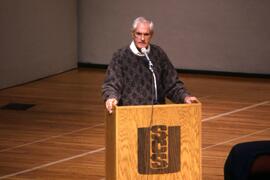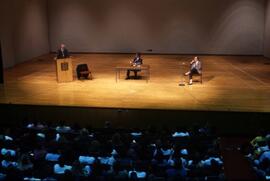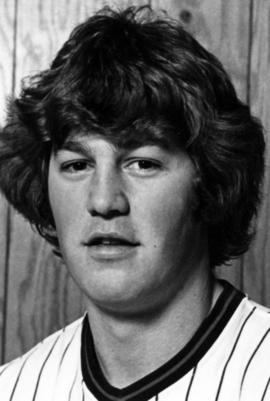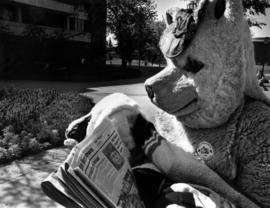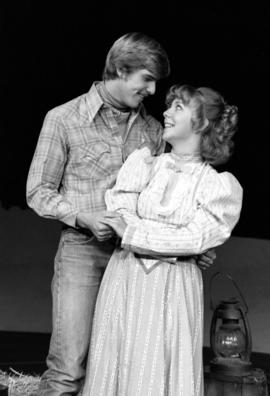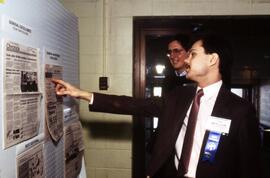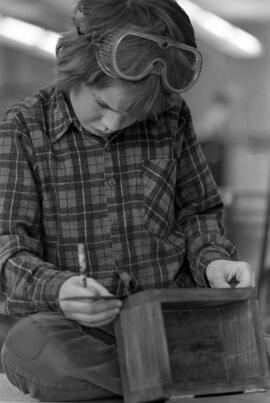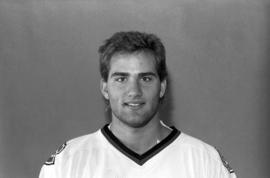- 18094.jpg
- Dimensions: 2.2 x 3.4 cm
- Physical Format: Slide (photographs)
- Local Identifier: Slide Collection. Social Activities and Events. G. Gordon Liddy and Timothy Leary Debate
- 18093.jpg
- Dimensions: 2.2 x 3.4 cm
- Physical Format: Slide (photographs)
- Local Identifier: Slide Collection. Social Activities and Events. G. Gordon Liddy and Timothy Leary Debate
Written by William Shakespeare Includes theatre journal clipping from 1965.
Husband Joe. Timmers
Husband Jos. Timmers
Bruce Bisping
Leads Gertrude Lawrence and Noel Coward Director: Noel Coward
Leads Gertrude Lawrence and Noel Coward Director: Noel Coward
Direct Theatre, New York, NY Written by Leonard Melfi Director: Bruce A. Levitt
G. V. Brister
wrestling, Husky Invitational, Darren Dummer
Appeared in Dimensions of Thought 1980
Barbara Cihlar
Written by Jean Anouilh
Royal Court Theatre, London, England Written by John Osborne Director: Anthony Page
Locust Theatre, Philadelphia, PA Written by Ronald Alexander Lead: Melvyn Douglas Director: Shepard Traube
Time books belonging to Romauld Thibault believed to contain recordings of his time worked, pay earned, and train stops. Also contains miscellaneous papers, such as telegrams, concerning train accidents and other reports.
Time books belonging to Romauld Thibault believed to contain recordings of his time worked, pay earned, and train stops. Also contains miscellaneous papers, such as telegrams, concerning train accidents and other reports.
Time books belonging to Romauld Thibault believed to contain recordings of his time worked, pay earned, and train stops. Also contains miscellaneous papers, such as telegrams, concerning train accidents and other reports.
Time books belonging to Romauld Thibault believed to contain recordings of his time worked, pay earned, and train stops. Also contains miscellaneous papers, such as telegrams, concerning train accidents and other reports.
Time books belonging to Romauld Thibault believed to contain recordings of his time worked, pay earned, and train stops. Also contains miscellaneous papers, such as telegrams, concerning train accidents and other reports.
Time Books for the union and years of: BRT, 1972; Brotherhood of Locomotive Engineers, December 1974; and Brotherhood's Relief and Compensation Fund, 1977. Time books belonging to Romauld Thibault believed to contain recordings of his time worked, pay earned, and train stops. Also contains miscellaneous papers, such as telegrams, concerning train accidents and other reports.
Time books belonging to Romauld Thibault believed to contain recordings of his time worked, pay earned, and train stops. Also contains miscellaneous papers, such as telegrams, concerning train accidents and other reports.
Time books belonging to Romauld Thibault believed to contain recordings of his time worked, pay earned, and train stops. Also contains miscellaneous papers, such as telegrams, concerning train accidents and other reports.
Pertains mainly to timber cutting on state-owned lands; contains state reports, work plans, news releases.
NSP power plant near Halenbeck, demolition
- 06919.jpg
- Dimensions: 7.6 x 5.1 cm
- Physical Format: Black-and-white photograph
- Local Identifier: Athletic Media Relations. Tim Wiens bio file
- 02486.jpg
- Dimensions: 11.6 x 15.1 cm
- Physical Format:ᅠ Black-and-white photograph
- Local Identifier: Chronicle, October 9, 1987
- 11277.jpg
- Dimensions: 3.4 x 2.3 cm
- Physical Format: Negative (photographic)
- Local Identifier: University Photographer, 78-153
- 17880.jpg
- Dimensions: 2.2 x 3.3 cm
- Physical Format: Slide (photographs)
- Local Identifier: Slide Collection. Campus Units and Organizations. Chronicle
- 17245.jpg
- Dimensions: 3.4 x 2.3 cm
- Physical Format: Negatives (photographic)
- Local Identifier: Chronicle, April 30, 1982
- 05499.jpg
- Dimensions: 2.2 x 3.4 cm
- Physical Format: Negative (photographic)
- Local Identifier: University Photographer, 88-474
- 01418.jpg
- Dimensions: 18.8 x 13.5 cm
- Physical Format: Photomechanical print
- Local Identifier: Athletics Media Relations. Sports. Hockey. Men, 1991/1992; University Photographer, 91-395
Husband John Tillie
